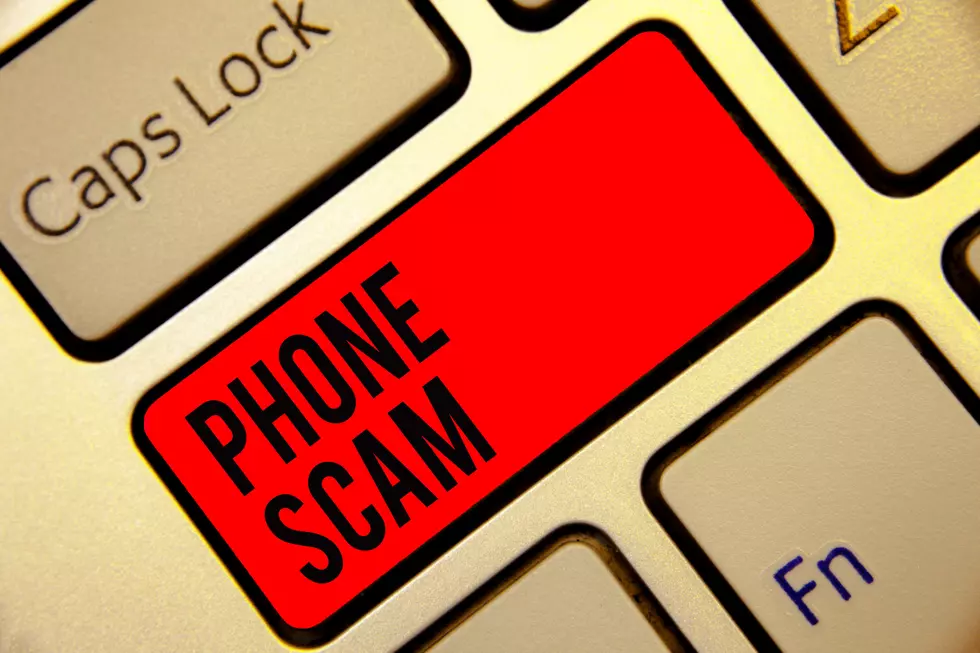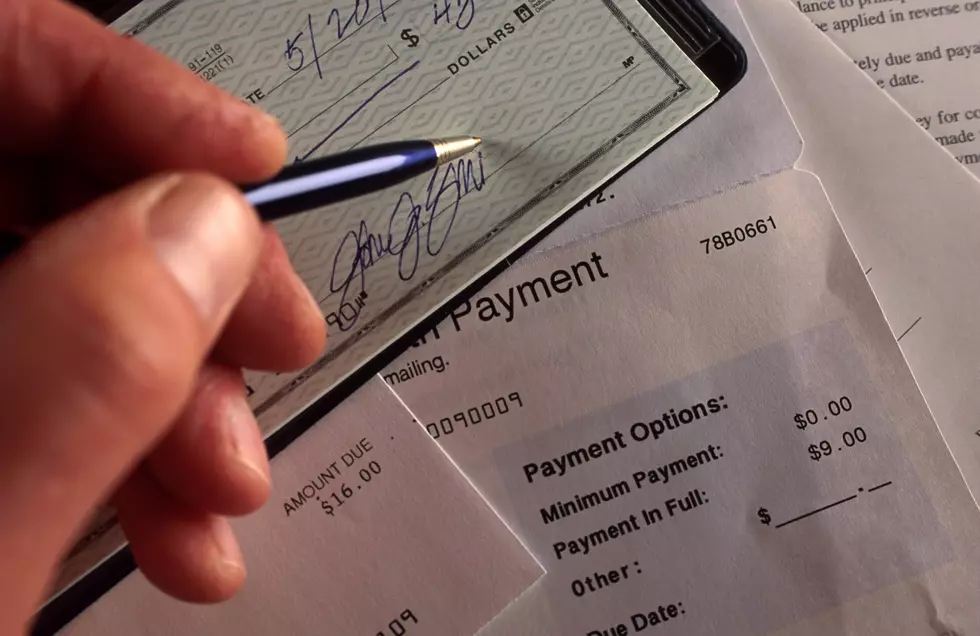
New York Taxing Your Cell Phone At All Time High
It’s no big secret that New York has some of the highest taxes in the country. Property, sales, and income to name a few. But a new report also shows that New Yorkers pay more than 20 percent of their wireless bills in taxes and fees thanks to outdated and duplicated surcharges.
I was rendered speechless when I read this 5 year study by tax policy experts KSE Partners, who monitored federal, state and local taxes imposed on wireless customers over a 5 year period. They say on average, consumers pay over 16% on wireless taxes and fees compared to 7.4% on other taxable goods. And those taxes grew three times faster then retail rates between 2007 and 2010.
There are five parts when it comes to the taxes and fees that we see on our bills: Federal, state sales tax, 911 fees and local utilities. The Federal Universal Service Fund, a tax mainly to subsidize communication services for public serves as well as rural telephone companies and some of their users, to help fix the “Last Mile” problem, charge jumped to 5.05% from 4.96% back in 2007. While the other only 0.2%.
But the FCC has begun a reform effort with the Universal Service Fund, to shift it’s focus more to current technology such as getting broadband to areas with little to no internet service as well as reducing waste and fraud. What this will mean to our wireless bills is not clear yet.
The state with the highest wireless tax is Nebraska coming in at 23.69%, with New York coming in at number 3 with 22.83%. The state with the lowest tax is Oregon at 6.86%.
Scott Mackey, a partner and lead author of the study at KSE Partners, says there are 2 things that we as consumers can do to try and reduce the fees. Some of these fees were imposed back when there was a monopoly on phone service and we should get a hold of our state representatives and urge them to “reduce some of the archaic taxes designed in an era of one monopoly provider." and to also have our representatives in Congress to reduce the USF charge that seems to be growing.
If you would like to read the full report, you can download it here in a PDF format. You may require Adobe Reader to read it.
More From Lite 98.7









